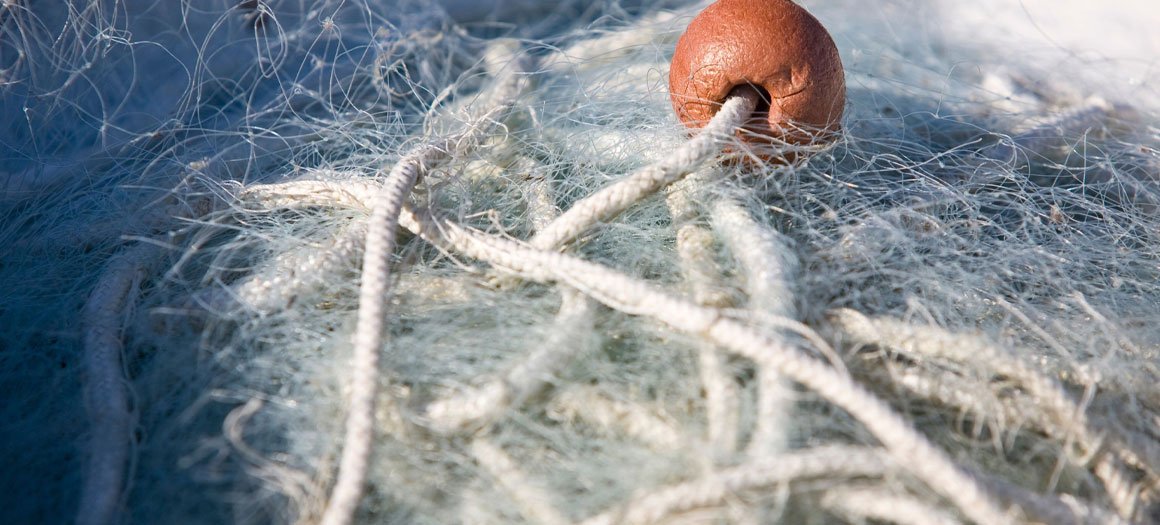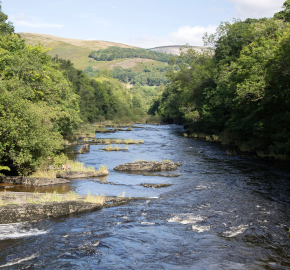Net Fishing Byelaw will not protect salmon and sea trout in coastal areas

Atlantic salmon and sea trout populations are at a historic low and failing to meet conservation limits on even our most protected rivers.
Regulators and authorities must act now to offer migratory salmonids the highest level of protection possible, help boost stocks and return these species to abundance.
WildFish (formally known as Salmon & Trout Conservation) believe the precautionary approach should be adhered to, and netting banned in all estuarine, harbour and coastal areas within a mile of the shore. Otherwise known as the ‘Golden Mile’ initiative, this one-mile net free zone would offer sustainable protection for both migratory salmonids and juvenile marine stocks, for the benefit of current and future generations.
In their response to the formal consultation, WildFish set out why they do not support the Net Fishing Byelaw and believe that ring-netting should be banned year-round to provide adequate protection for migratory salmonids.
The response highlights that:
- Atlantic salmon throughout the Southern IFCA area are currently at critical status, ‘at risk’ or ‘potentially at risk’ of failing conservation limits. This includes the River Avon, Frome, Piddle, Test and Itchen and their genetically unique populations of Atlantic salmon.
- Atlantic salmon and sea trout are designated UK Biodiversity Action Plan species; identified as being threatened and requiring urgent conservation measures. Management action is required to provide protection under the precautionary approach – this is particularly true in river systems designated Special Area of Conservation (SAC) and Sites of Special Scientific Interest (SSSI) where the species are listed and have the highest conservation status.
- Migratory salmonids are vulnerable to all types of netting, and ring nets are merely encircling gill nets with the high potential of damaging any salmonid caught as by-catch, making survival after release and particularly to successful spawning very unlikely.
- Migratory salmonid protection requires coastal as well as estuarine and harbour protection from netting to safeguard vital migration corridors as well linking together the essential fish habitat required by migratory salmonids throughout their lifecycle. We believe this can only be achieved by a 1-mile coastal net-free zone – the ‘Golden Mile’ initiative.
It’s not too late to make your voice heard. You can submit your response to the consultation which closes on Friday 4th February here.
Further information
WildFish’s full response to Southern IFCA’s net fishing byelaw formal consultation.
WildFish’s summary response to Southern IFCA’s net fishing byelaw formal consultation.

